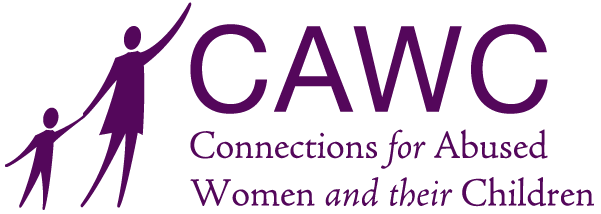May is a pivotal month for women’s health awareness, serving as National Mental Health Awareness Month, Women’s Health Month, and Maternal Mental Health Awareness Month. It’s imperative to support the mental health of women and mothers during this time and throughout the year, particularly those who are survivors of domestic violence. Of these, the most severely impacted are women of color, women with disabilities, and undocumented immigrants.
To improve the overall wellness of abuse survivors, we first need to understand the effects of domestic violence on women’s mental health and the well-being of their children.
Mental Health Effects for Women
Domestic violence leaves deep psychological scars on survivors, often manifesting in various mental health disorders such as:
- • Post-traumatic stress disorder (PTSD)
- • Depression and anxiety
- • Suicidal ideation
- • Eating disorders
- • Obsessive compulsive disorder (OCD)
- • Schizophrenia
- • Bipolar disorder
Risks to Maternal Mental Health
Domestic abuse causes specific additional vulnerabilities and risks for pregnant and postpartum women:
- • Increased risk of unplanned or unwanted pregnancy. Women who are experiencing any kind of domestic abuse are at increased risk of sexual assault, reproductive coercion, and unplanned or unwanted pregnancy in general. This can compound the trauma and PTSD of other forms of abuse.
- • Increased risk during and after pregnancy. Pregnant women experiencing domestic violence are at a higher risk for preterm birth, infants with low birth weight, and severe postpartum depression.
- • Compounded mental health challenges. The stress and trauma of domestic violence can exacerbate pre-existing mental health conditions, making it harder for women to access and benefit from prenatal and postnatal care.
Mental Health Impacts on Children
Children exposed to domestic violence face a unique set of challenges that can affect their development and mental health:
- • Emotional and psychological trauma. Witnessing violence in the home can lead to symptoms of PTSD, anxiety, and depression in children, similar to those experienced by the adult survivors.
- • Behavioral issues. Children may exhibit increased aggression, develop fearfulness, or show signs of social withdrawal, reflecting their internal struggle with the chaos they witness.
- • Impact on development. Younger children exposed to domestic violence (and those born from pregnancies during which abuse occurred) may experience delays in their developmental milestones, including language, motor skills, and social-emotional skills.
Improve the Mental Health of Abuse Survivors With CAWC
At Connections for Abused Women and Their Children (CAWC), we believe that everyone has a right to a life free of violence. Our mission to end child abuse in conjunction with domestic violence is rooted in education, service, and advocacy. In addition to working toward broader social change, we provide empowerment-based and trauma-informed support in the form of shelter, counseling, and advocacy to individuals affected by intimate partner violence and their children.
If you or someone you know is actively experiencing the impacts of domestic violence, don’t hesitate to call our 24-hour hotline at (773) 278-4566. For non-emergency support, reach out through our contact form today.
Want to help us protect more women and children? You can impact the life of a domestic violence survivor or a child who witnessed domestic violence by donating to CAWC today or by supporting our work in other ways.
